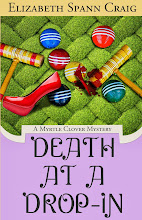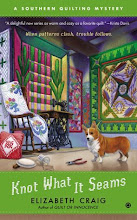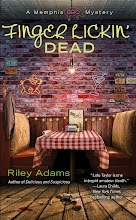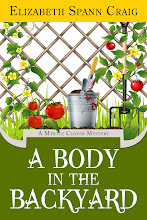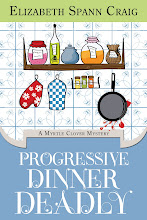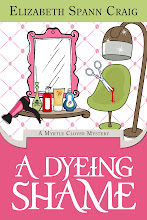Today I’m welcoming Man Martin to the blog. Man is a writer, teacher, and founding member of the Perambulators living in Atlanta, Georgia. His debut novel, Days of the Endless Corvette, won him Georgia Author of the Year in 2008. His upcoming release, Paradise Dogs, launches in June from Thomas Dunne Books.
I was speaking to a fellow author at some gathering of writers or other and was moaning about the difficulty in plotting my new novel.
“What you need to do,” she told me earnestly, “is write a series of ‘set pieces’ the scenes you know you need to have, and then you just need to do the transitions to fill in.”
I smiled and nodded and thanked her for her advice. I’m always grateful for advice from more successful authors than I am, and just about all authors are more successful than I am. But I had no intention of doing what she said. The truth is, I wasn’t really complaining about the difficulty I was having, I was bragging. I wanted her to know I was working on a project that defied boilerplate approaches, that transcended them.
No doubt my friend had learned about writing “set pieces” from one of those “So You Want to Be a Writer” craft books. Craft books and craft essays are chock full of such helpful nuggets. For example, one book on creating characters says each character should have a tag (a word or phrase that defines her, such as an unusual name) a mannerism (a typical behavior or twitch such as pushing the glasses up the bridge of her nose or saying “My stars!”) and a relationship with someone or something, such as a cat whom she anthropomorphizes horribly.
I’m not spurning such advice, following it leads to perfectly serviceable narrative such as:
“My stars!” Eugenia Periwinkle exclaimed, pushing her glasses back up the bridge of her nose. “Mr. Dowdle, you naughty, naughty pussycat, what have we said about using your litter box?”
The problem is, if you go about it that way, you’re going to end up with troops of characters busily pushing glasses up the bridges of their noses, clearing their throats peremptorily, cracking their knuckles, or whatever mannerism you’ve decided to foist off on them. No doubt Emma Bovary had her mannerisms, but I don’t recall them. It seems to me she merely acted as Emma Bovary would act in each given situation, and Flaubert was wise enough to let her get away with it. Does Humbert Humbert have a mannerism? He certainly has a tag – what do you do with a name like Humbert Humbert – and there’s no mistaking he has a relationship. But a mannerism? I don’t think so. Nevertheless, he’s absolutely as real and convincing a character as I’ve ever come across. I wept when I read the death of D’Artagnan. (I’m an easy weeper.) But I don’t recall his having a specific mannerism. He got into a lot of sword fights. Maybe that’s a mannerism.
I could go on about advice from other craft books, and again, I’m not entirely discounting the advice. Every serious writer I know is also a serious student of craft and has a personal list of rules, some learned by hard experience and some gleaned from essays on craft. When I feel my story is sagging somewhere, I have a hard look at it under the magnifying glass of craft. I have a hard look at it anyways.
But at the end of the day, you’re not a writer because you’ve read craft books, you’re a writer because you’ve read books. Writing comes out of overflow, we fill ourselves to the brim with words and living until we just have to write. Basing your writing on what you’ve learned in craft essays is a bit (I know this is an overstatement) like learning to paint by buying a “Starry Night” paint-by-numbers kit. If you follow the directions, you will end up with something quite pleasant to look at, but it ain’t gonna be Van Gogh and it ain’t exactly gonna be yours either.
You want to be a writer? Read, read, read. Write, write, write. Let your characters be what they want to be once in a while without pasting a tag or a mannerism on their foreheads. Let situations lead where they want to lead without aiming for the next set piece. When you get stuck, instead of digging out a craft book, reread Richard III, and ask yourself, “What would Shakespeare do?” Then go back and write some more. Then read some more. Then write.
***********
Look for Paradise Dogs, June 2011 from Thomas Dunne Books Booklist: Paradise Dogs is "simply brilliant." Visit http://manmartin.blogspot.com and manmartin.net






